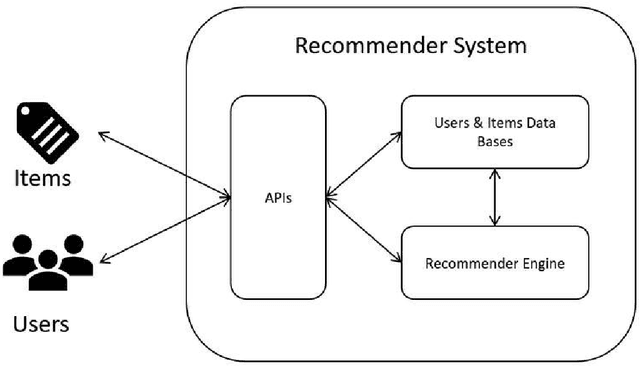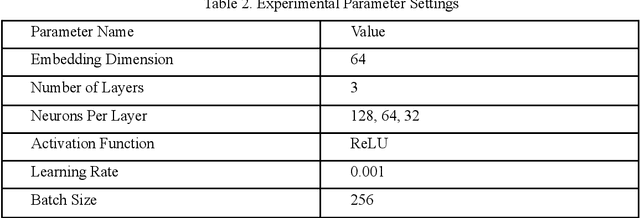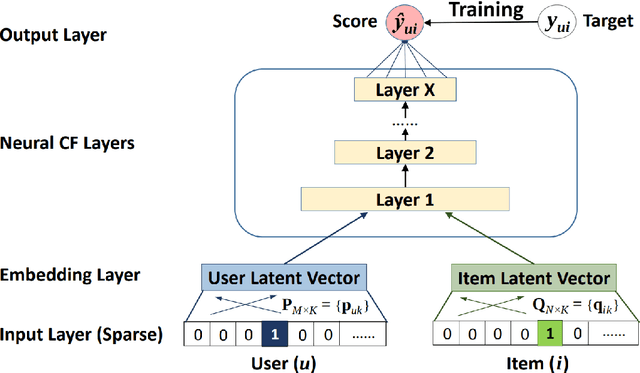Yuming Tu
Optimization and Scalability of Collaborative Filtering Algorithms in Large Language Models
Dec 25, 2024Abstract:With the rapid development of large language models (LLMs) and the growing demand for personalized content, recommendation systems have become critical in enhancing user experience and driving engagement. Collaborative filtering algorithms, being core to many recommendation systems, have garnered significant attention for their efficiency and interpretability. However, traditional collaborative filtering approaches face numerous challenges when integrated into large-scale LLM-based systems, including high computational costs, severe data sparsity, cold start problems, and lack of scalability. This paper investigates the optimization and scalability of collaborative filtering algorithms in large language models, addressing these limitations through advanced optimization strategies. Firstly, we analyze the fundamental principles of collaborative filtering algorithms and their limitations when applied in LLM-based contexts. Next, several optimization techniques such as matrix factorization, approximate nearest neighbor search, and parallel computing are proposed to enhance computational efficiency and model accuracy. Additionally, strategies such as distributed architecture and model compression are explored to facilitate dynamic updates and scalability in data-intensive environments.
Deep Adaptive Interest Network: Personalized Recommendation with Context-Aware Learning
Sep 04, 2024



Abstract:In personalized recommendation systems, accurately capturing users' evolving interests and combining them with contextual information is a critical research area. This paper proposes a novel model called the Deep Adaptive Interest Network (DAIN), which dynamically models users' interests while incorporating context-aware learning mechanisms to achieve precise and adaptive personalized recommendations. DAIN leverages deep learning techniques to build an adaptive interest network structure that can capture users' interest changes in real-time while further optimizing recommendation results by integrating contextual information. Experiments conducted on several public datasets demonstrate that DAIN excels in both recommendation performance and computational efficiency. This research not only provides a new solution for personalized recommendation systems but also offers fresh insights into the application of context-aware learning in recommendation systems.
 Add to Chrome
Add to Chrome Add to Firefox
Add to Firefox Add to Edge
Add to Edge